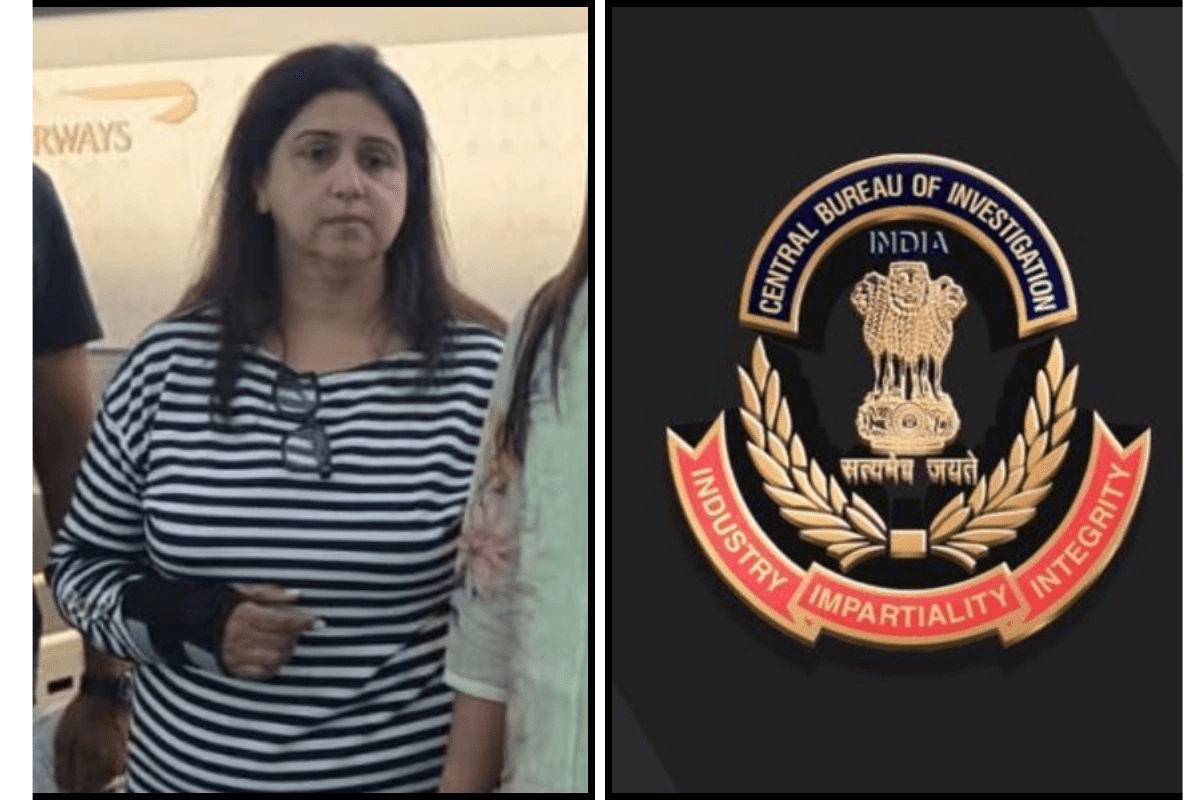Import-Export Fraud Accused Extradited from U.S. After 20+ Years: CBI Takes Custody
After more than two decades on the run, Monika Kapoor, accused in a multi-crore import-export fraud, has been extradited from the United States to India. The CBI now has her in custody for her alleged role in a major economic crime that shook the Indian export sector in the late 1990s.
Introduction
In a landmark development, the Central Bureau of Investigation (CBI) has finally secured the extradition of Monika Kapoor, an alleged economic offender accused in a high-profile import-export fraud case dating back to 1998. After fleeing to the United States and evading Indian law enforcement for over twenty years, Kapoor’s return marks a significant victory for Indian authorities in their fight against white-collar crime.
The Background of the Case
Monika Kapoor, the proprietor of M/s Monika Overseas, along with her brothers Rajan Khanna and Rajiv Khanna, orchestrated a complex fraud involving forged export documents. In 1998, the trio allegedly created fake shipping bills, invoices, and bank certificates to obtain six replenishment licenses from the Indian government. These licenses allowed them to import duty-free gold worth approximately ₹2.36 crore (about USD 679,000 at the time).
Instead of using the gold for legitimate business, the accused sold these licenses to another firm, M/s Deep Exports in Ahmedabad, at a premium. Deep Exports then used the licenses to import duty-free gold, resulting in a direct loss to the Indian government exchequer estimated at ₹1.44 crore.
The Long Chase and Extradition
The fraud came to light in 2002, but by then, Monika Kapoor had already fled to the United States. The CBI initiated extradition proceedings in 2010, which led to a protracted legal battle in American courts. After years of coordination between Indian and U.S. authorities, Kapoor’s extradition was finally cleared by the United States District Court for the Eastern District of New York in 2025.
A CBI team traveled to the U.S. to bring Kapoor back to India, where she will now face trial for her alleged crimes. The successful extradition ends a 20-year-long pursuit and sets a precedent for future cases involving economic offenders fleeing abroad.
The Modus Operandi
The import-export fraud orchestrated by Kapoor and her associates is a textbook example of how loopholes in licensing and documentation can be exploited for illegal gain:
Forged Documents: Fake shipping bills, invoices, and bank certificates were created to mislead authorities.
Fraudulent Licenses: These documents were used to obtain government licenses meant for genuine exporters.
Sale of Licenses: Instead of importing gold for their own use, the accused sold the licenses to a third party.
Loss to Exchequer: The duty-free gold imported using these licenses resulted in significant revenue loss to the government.
Impact on Indian Export Regulations
This case exposed vulnerabilities in India’s export licensing system and prompted authorities to tighten regulations. The government has since implemented stricter checks on export documentation and licensing to prevent similar frauds. The case also highlighted the importance of international cooperation in tracking and extraditing economic offenders.
Legal and Social Implications
The extradition of Monika Kapoor is more than just a legal victory; it sends a strong message to economic offenders who believe they can evade justice by fleeing abroad. It also reassures the public and the business community that the Indian legal system is committed to pursuing white-collar criminals, no matter how long it takes or where they hide.
Lessons for Businesses
Compliance is Critical: Businesses must ensure strict compliance with export-import regulations to avoid legal trouble.
Due Diligence: Proper verification of all licenses and documents is essential.
Ethical Practices: Shortcuts and fraudulent practices may offer temporary gains but can lead to severe long-term consequences.
Conclusion
The extradition of Monika Kapoor after more than two decades is a landmark moment in India’s fight against economic crime. It underlines the importance of robust regulatory frameworks, international cooperation, and the relentless pursuit of justice. As Kapoor faces trial, her case will serve as a cautionary tale for those tempted to exploit the system for personal gain.
